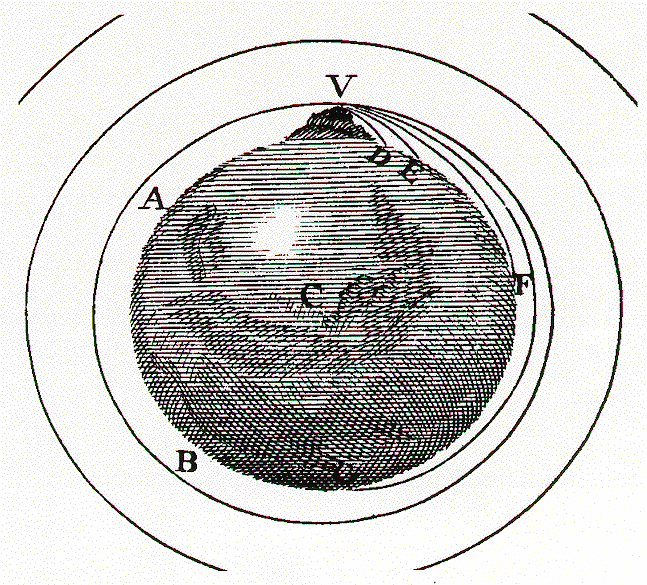Please excuse if my question seems very basic (I'm a lay person fascinated by physics and trying to learn more.) I'm trying to better understand gravity. I have read that "gravity is a natural consequence of the presence of matter causing a curvature of spacetime", and also that "the curvature of spacetime is caused by the accelerating movement of dark energy". If dark energy exists throughout the universe, then why do we not experience gravity in space, for instance? Or is it that we do but the effect is very small?
-
$\begingroup$ Welcome to the stack exchange. I'll just correct you quickly on one thing; you do feel gravity in space. Gravity extends out infinitely from every planet and star and from every Galaxy. Gravity is what holds the galaxies together and holds the planets to the Stars and holds the moons to the planets. $\endgroup$– foolishmuseCommented Sep 26, 2022 at 1:10
-
$\begingroup$ Yes, thanks-that I understand. I just wonder why we are "weightless" inside a spacecraft, for instance, if there is so much dark energy throughout the universe (enough to cause a curvature of spacetime)? $\endgroup$– JazzkatsCommented Sep 26, 2022 at 1:19
-
1$\begingroup$ @Jazzkats You are weightless in spacecraft because you are falling and spacecraft is falling with you, so it's like for skydiver to see another skydiver flying near him. $\endgroup$– Aslan MonahovCommented Sep 26, 2022 at 1:21
-
$\begingroup$ The curvature of spacetime is caused by matter, at least in ordinary physics w/o dark energy/matter. IDK about those two, but in relativity/gravity it's the mass that's important and that's what curves spacetime. $\endgroup$– BasicanCommented Sep 26, 2022 at 1:38
-
$\begingroup$ sorry i meant dark energy, I'll delete comment $\endgroup$– Aslan MonahovCommented Sep 26, 2022 at 6:02
3 Answers
"the curvature of spacetime is caused by the accelerating movement of dark energy"
No. This is not correct.
Or is it that we do but the effect is very small?
Yes, the effect of dark energy is too small to influence ordinary physics around us. You can measure its effect by using very powerful telescopes to see galaxys beyond our galaxy.
Weightlessness is an illusion. When in space, without propulsion, we are always falling. In a perfect orbit around earth, as the moon, it is falling as well. I saw a great example of this inside "A brief history of time" or another of hawking's books that used a cannon ball being shot, using the gravitational curve to show its arced fall. then being shot with even more force and the higher and longer arc of that fall back to earth. Then illustrating that if shot with enough force and the proper angle, as the cannon ball began to fall back towards earth the curvature of the earth would curve beneath it so to speak and the ball would reach a stable orbit in an never ending freefall. When in space, without propulsion you are always falling towards something. Be it the earths gravity, the sun's , or even a black hole at the center of our galaxy. Weightlessness is an illusion. When inside a spaceship or other structure, it seems we are weightless because both the ship and the people are falling at an equal rate.
http://galileoandeinstein.physics.virginia.edu/lectures/newton.html

